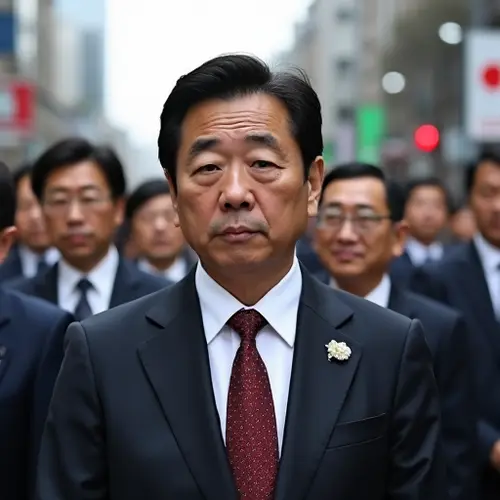Coalition governments are increasingly common as political fragmentation grows. These unlikely alliances between former rivals are reshaping global governance through compromise and power-sharing agreements.

The New Era of Political Partnerships
In an increasingly polarized political landscape, coalition governments are becoming more common as traditional party structures struggle to secure majority rule. These unlikely alliances, once considered temporary solutions, are now shaping the future of governance across multiple continents.
What Drives Unlikely Partnerships?
Coalition governments typically form when no single political party achieves an absolute majority in elections. This phenomenon is particularly common in countries with proportional representation systems, where multiple parties share parliamentary seats. "We're seeing a fundamental shift in how democracies function," says Dr. Elena Rodriguez, political science professor at Oxford University. "Parties that were once bitter rivals are now finding common ground to ensure stable governance."
Global Examples of Coalition Governance
From Germany's grand coalitions to Israel's complex multi-party arrangements, coalition governments have become a staple of modern politics. In 2025, several countries are navigating these partnerships:
- Nordic countries continue their tradition of stable coalition governance
- India's diverse political landscape requires constant coalition building
- European Union institutions operate on coalition principles
- Several African nations are experimenting with power-sharing agreements
The Coalition Agreement: Blueprint for Governance
Successful coalition governments rely on detailed coalition agreements that outline shared objectives and policy priorities. These documents serve as roadmaps for governance and help prevent internal conflicts. Research shows that coalitions with written agreements tend to be more productive and stable than those without formal arrangements.
Challenges and Opportunities
While coalition governments can provide broader representation and stability, they also face significant challenges. Decision-making can be slower, and internal disagreements may lead to government collapse. However, proponents argue that these systems encourage compromise and prevent extreme policies from any single party.
"The beauty of coalition governance is that it forces dialogue and negotiation," notes former Dutch Prime Minister Mark Rutte, who led multiple coalition governments. "It's messy, but it often results in more balanced policies that consider diverse perspectives."
The Future of Coalition Politics
As political fragmentation increases worldwide, experts predict that coalition governments will become even more common. Voters are increasingly rejecting traditional two-party systems in favor of more diverse representation, making majority governments increasingly rare.
The rise of coalition governance represents both a challenge and an opportunity for democratic systems. While it requires greater negotiation and compromise, it also offers the potential for more inclusive and representative government that better reflects the diversity of modern societies.

 Nederlands
Nederlands English
English Français
Français Deutsch
Deutsch Español
Español Português
Português






